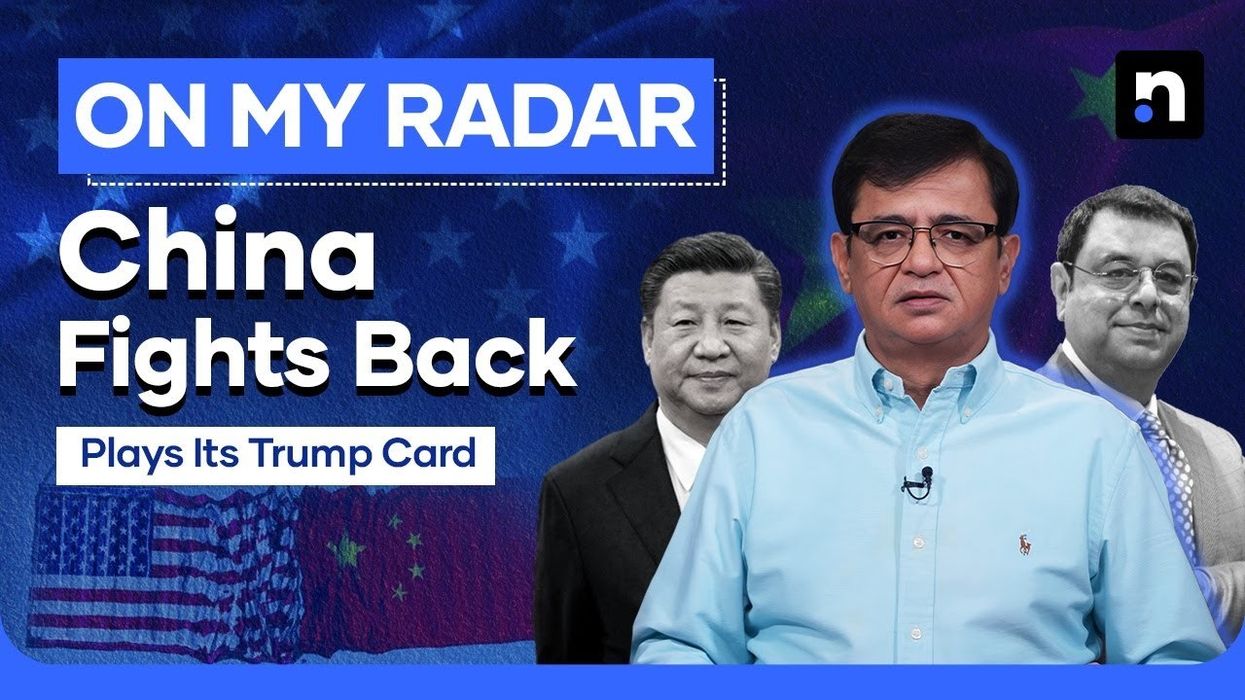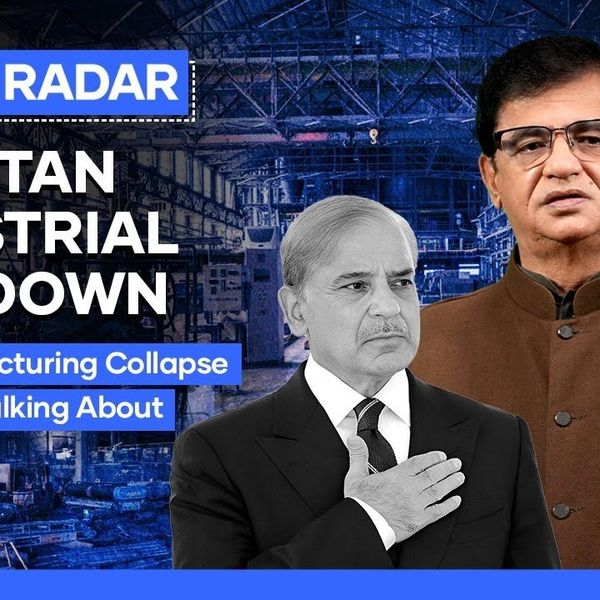News Desk
The News Desk provides timely and factual coverage of national and international events, with an emphasis on accuracy and clarity.
In what he calls the beginning of a “third world war” of trade, Kamran Khan says China’s retaliation to U.S. tariffs marks a historic moment in global economic conflict — with Beijing banning exports of rare earth elements to the United States.
Khan, in his latest vlog, says this move is the “most aggressive economic counterattack” by any nation against Washington in recent history. He called it an open challenge to U.S. dominance.
“From today,” Khan declared, “China has played its ‘trump card’ — and it’s not just about tariffs anymore.”
The U.S. on Monday implemented a sweeping 104% tariff on Chinese exports, aimed at curbing Beijing’s influence. China responded swiftly by suspending the export of 17 rare earth metals — including neodymium, dysprosium, and samarium — essential to defense systems, electric vehicles, and high-tech devices.
“These aren’t just economic sanctions,” Khan said. “This is a strategic strike aimed directly at the American military and technological backbone.”
US defense and tech industries at risk
Rare earth metals are vital for U.S. defense manufacturing — including radar systems, missile guidance, and F-35 fighter jets. They’re also used in electric vehicle batteries, wind turbines, and consumer electronics.
Khan warned that major American companies such as Lockheed Martin, Tesla, Apple, and Intel could face severe disruptions.
“If China halts supply,” he said, “it could paralyze American innovation and production pipelines.”
The Chinese government controls roughly 90% of the global rare earths market, and it has invested heavily in mining, refining, and supply chain infrastructure — far more than the U.S. or its allies.
While California hosts the only U.S. rare earth mine, Khan said, it lacks processing capability. “It would take five to ten years to build a self-sufficient supply chain,” he noted.
Economic pressure and global consequences
Beijing has also devalued the yuan, pushing its currency to the lowest point since September 2023 — a move seen as a cushion against the impact of U.S. tariffs.
President Donald Trump accused China of manipulating its currency, calling it an unfair tactic. But according to Khan, this only deepens the standoff and makes negotiations harder.
John Bolton, Trump's former national security adviser, told reporters the administration had “weakened global trust in the U.S.” and empowered China to expand its geopolitical influence.
Khan noted that China could extend its rare earth sanctions to other U.S. allies, including Japan, South Korea, and European countries, forcing them to rethink their alignment with Washington.
“It’s no longer just a trade war — it’s a strategic global reshaping,” he said.
Implications for Pakistan
President Trump’s tariff sweep also hit Pakistan, with a 29% duty imposed on its exports to the U.S., starting Monday. Kamran Khan said this could hurt Pakistan’s textile industry, but may also create opportunities.
“Compared to Vietnam, Bangladesh, and Thailand, Pakistan still faces lower tariffs,” he said. “This could work in our favor — if we play it smart.”
Textiles account for 55% of Pakistan’s $4 billion exports to the U.S. so far this fiscal year. Last year, America took 18% of all Pakistani exports.
A high-stakes meeting on the horizon
Despite the heated rhetoric, Khan said both sides appear to be preparing for negotiations. Reuters reported a possible high-level meeting on tariffs between Washington and Beijing — though neither side has confirmed it.
“Trump wants to show the world a nightmare,” Khan said, “and then offer a deal. But whether Xi Jinping will play along remains to be seen.”
Until then, he said, the world must prepare for supply shocks, market volatility, and a tectonic shift in global economic power.











Comments
See what people are discussing